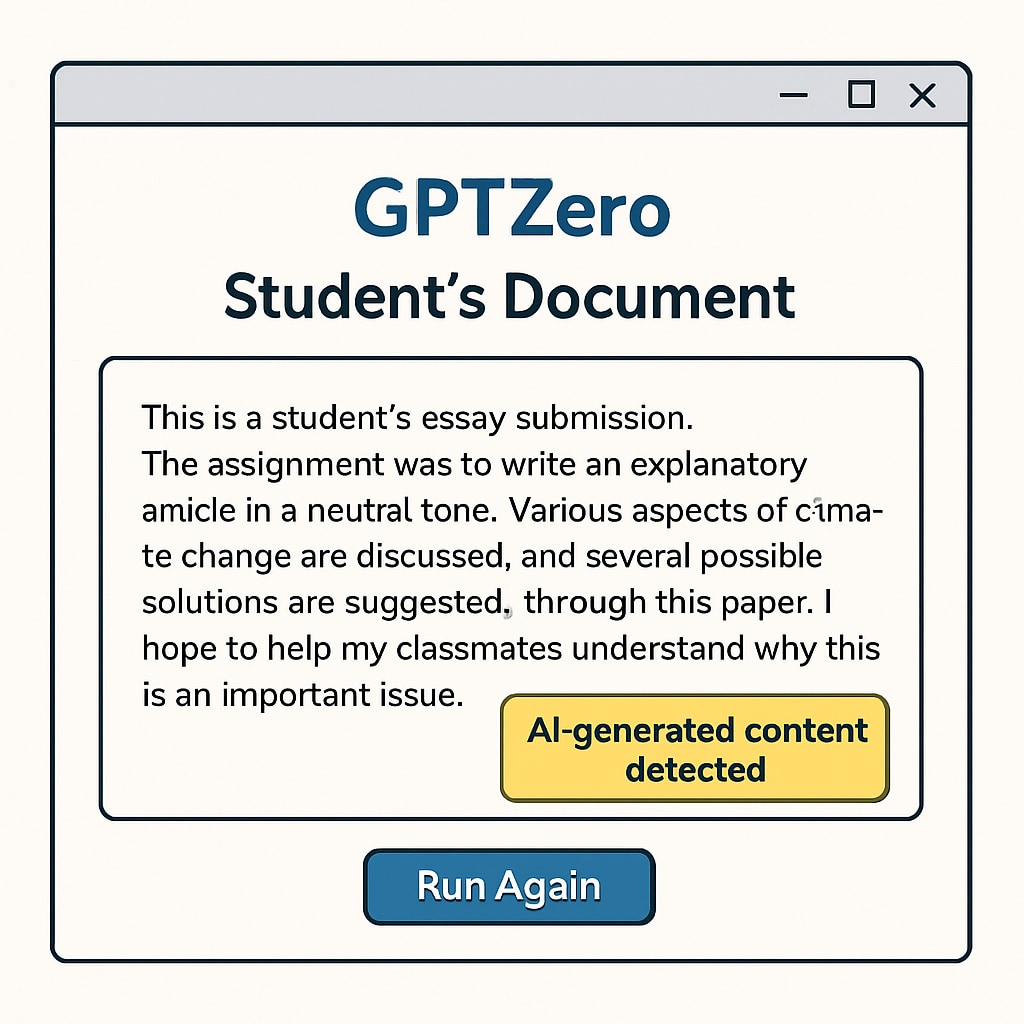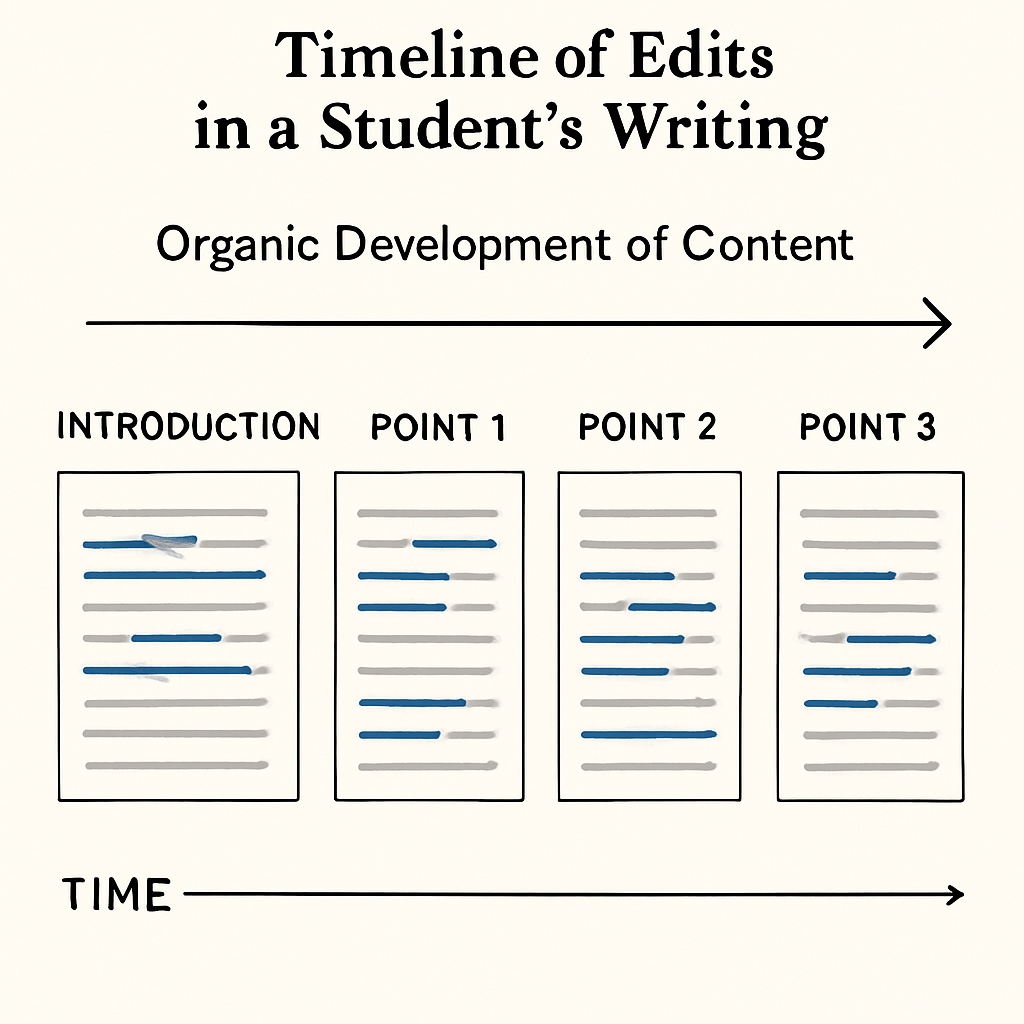The emergence of AI-powered writing tools has transformed how students approach assignments, but it has also raised concerns about academic integrity. Tools like GPTZero and Draftback are stepping in to address these challenges, enabling teachers to monitor the writing process and detect plagiarism effectively. By using these technologies, educators can ensure that students are rewarded for their genuine efforts while maintaining fair academic standards.
Revolutionizing Plagiarism Detection with GPTZero
GPTZero is a cutting-edge Chrome extension specifically designed to analyze and track the writing process. Unlike traditional plagiarism checkers, which focus on the final output, GPTZero offers real-time monitoring of how text is composed. This unique capability makes it easier for educators to identify whether a student has genuinely written their work or relied heavily on AI-generated content.
Draftback, another complementary tool, works by visualizing the entire writing history of a document. By replaying every keystroke and edit, teachers can gain insights into whether the writing process shows organic development or signs of external interference.

The Importance of Monitoring Writing Processes
AI tools like ChatGPT have enabled students to produce polished essays in mere seconds, making it increasingly difficult for teachers to identify plagiarized content. However, the writing process itself can reveal whether a student has genuinely engaged with the material. GPTZero’s ability to track the evolution of a document shines a spotlight on this critical aspect.
For example, a student who carefully drafts, revises, and edits their essay shows clear signs of effort. In contrast, a document composed in a single burst, with minimal edits, may indicate reliance on external tools. By examining these patterns, teachers can differentiate between authentic and AI-assisted work.

Promoting Academic Integrity and Rewarding Genuine Effort
While tools like GPTZero are powerful for detecting plagiarism, they also serve another essential purpose: encouraging students to put effort into their work. Knowing that their writing process will be scrutinized, students are motivated to engage deeply with assignments, fostering better learning outcomes.
Moreover, these tools provide an opportunity for teachers to support struggling students. If a student’s writing process reveals difficulties in organizing or expressing ideas, educators can offer targeted feedback to help them improve.
Challenges and Ethical Considerations
Despite its benefits, using technology to monitor students’ writing raises ethical questions. Privacy concerns must be addressed, ensuring that monitoring tools like GPTZero and Draftback are implemented transparently and with students’ consent. Additionally, educators must strike a balance between detecting plagiarism and fostering trust in the classroom.
As these tools become more prevalent, ongoing discussions about their responsible use will be crucial. Stakeholders, including educators, policymakers, and students, must collaborate to create guidelines that uphold both academic integrity and individual rights.
Conclusion: GPTZero and Draftback represent a new frontier in plagiarism detection, offering educators innovative ways to ensure academic integrity while supporting genuine student effort. By leveraging these tools responsibly, schools can adapt to the challenges posed by AI technology and promote a culture of fairness and honesty in education.


